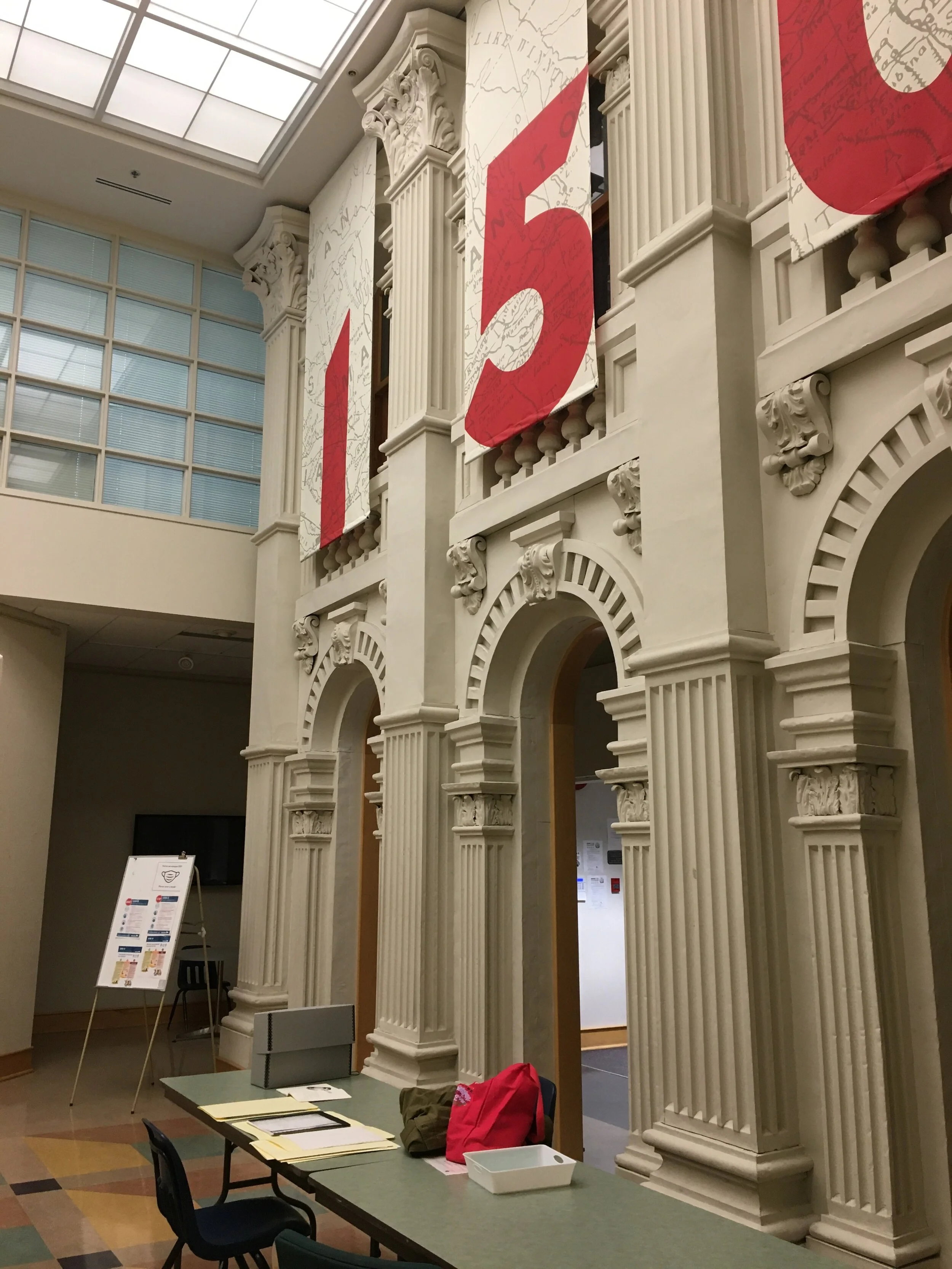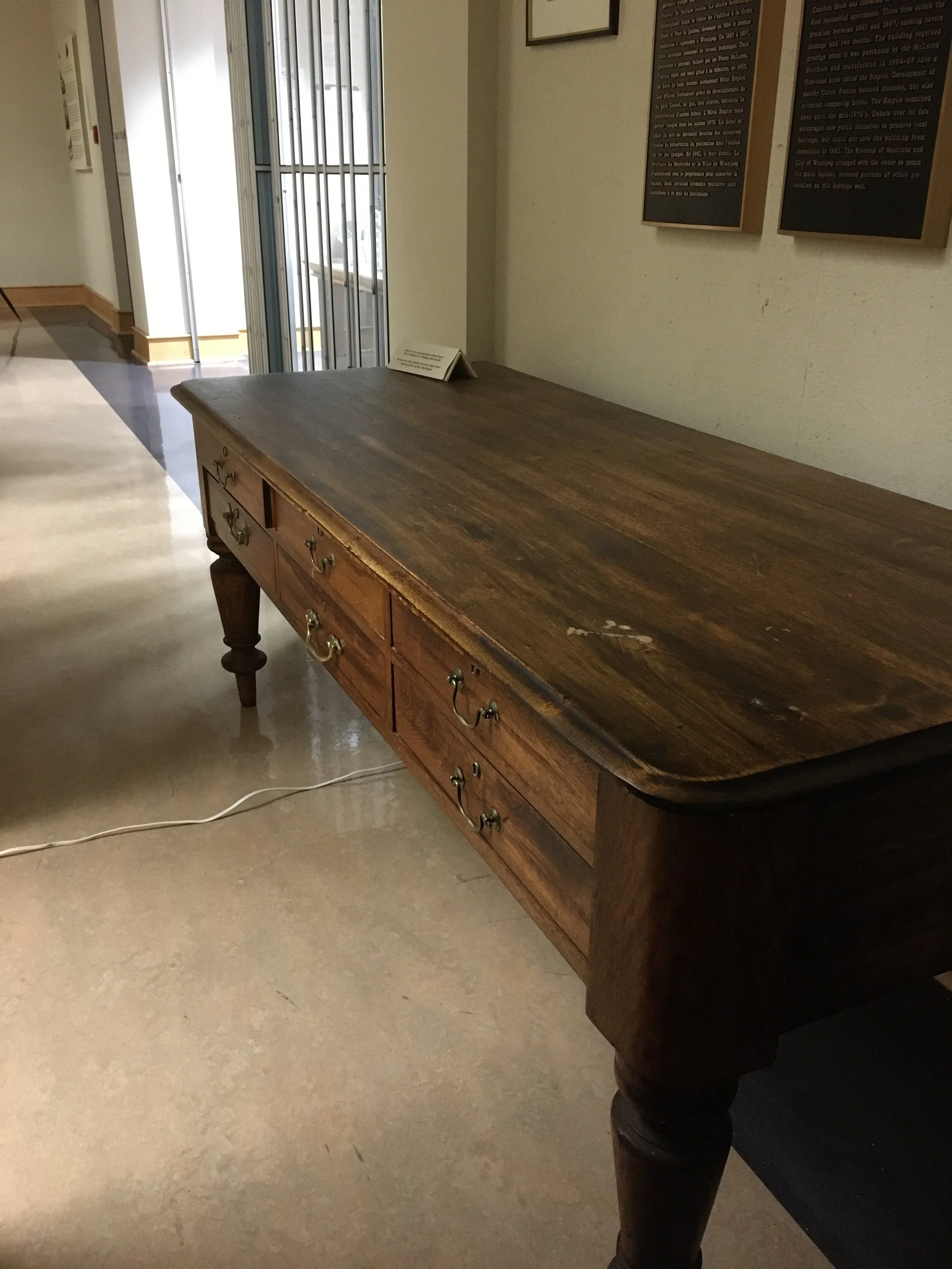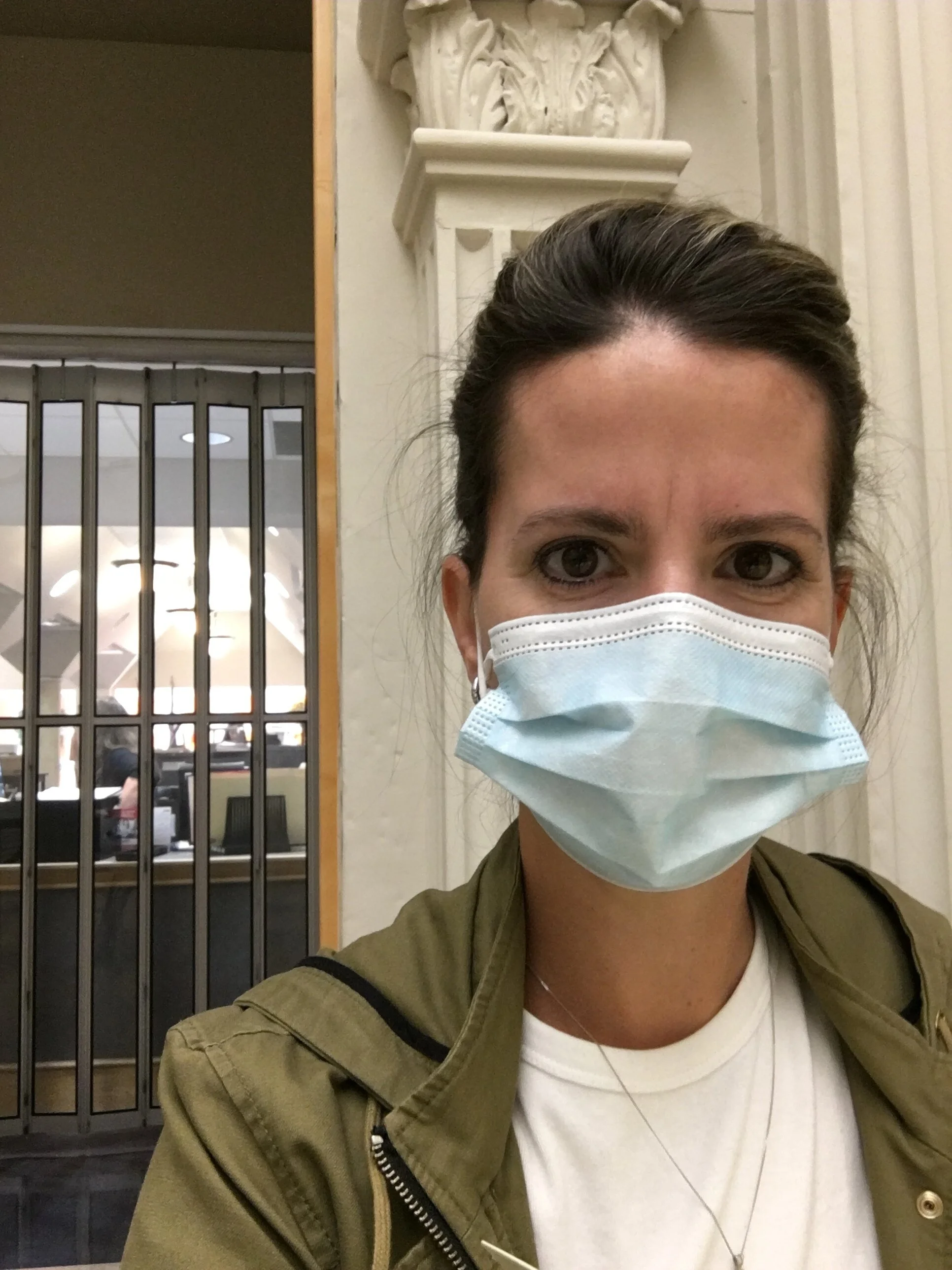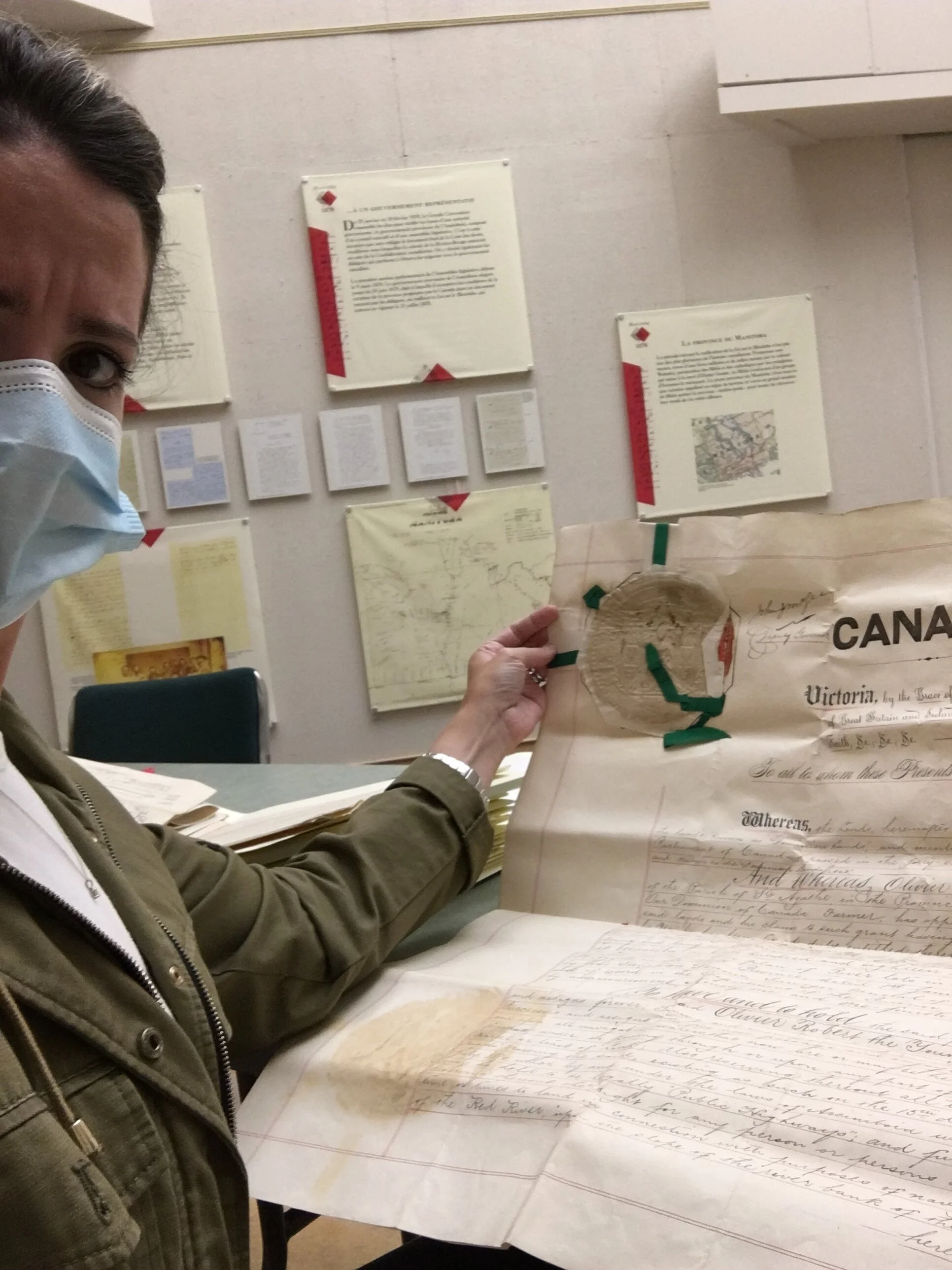While I'm writing my thesis, I like checking people's names, to see if they have interesting biographies.
Consider Adrien-Gabriel Morice. He wrote three volumes on church history in the West in which Aubigny's name is linked with vicomte Jacques d'Aubigny. But he was an insufferable man. He joined the Oblates but could not obey superiors. He was sent to a mission where there was one other priest, a Fr. Georges Blanchet. And this is what happened:
he made life so difficult for Blanchet, a gentle man much loved by the Carrier, that later that year the priest begged to be transferred before Morice’s perpetual disagreements drove him mad. That year Blanchet ceded supervision of the mission to Morice to avoid further conflict, but he would remain there, building churches and doing housework, until his retirement ten years later. A succession of priests, finding Morice impossible to work and live with, and refusing to become his servant, chose to leave.
What a character!
On another day, I checked this railroad contractor's name to discover that his daughter was more renowned than he was... Charlotte Whitehead Ross was the first female doctor in Montreal, having taken her medical education at Woman’s Medical College at Philadelphia in 1870, while also bearing children. She came to Manitoba in 1881 where she continued to practice medicine. Her biographer, Vera K. Fast, writes:
After assisting at a birth she would often scrub the cabin floor and do the washing, the cooking, and the baking to help the mother and family. Her daughters looked after the Ross home in her absence, although she always did the baking, which she enjoyed, as she did embroidery, knitting, and music, especially the piano.
She was never licenced in Manitoba, and a bill to authorize her to practice in 1888 was withdrawn. I like how Fast writes:
Undeterred, Charlotte continued on her busy rounds by horse, sleigh, canoe, and train, not defiantly, for she was no social or political activist, but simply because there was a need.
Biographies are inspiring!




